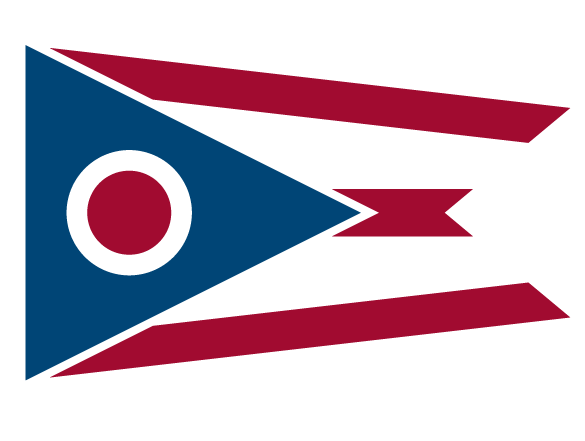Preparedness
Preparedness Information
Any major disaster could temporarily overwhelm Police, Fire and Ambulance and First Responders. Both the Red Cross and FEMA recommend that you try to be self-sufficient for at least 72 hours (3 days) following a disaster. Considering Hurricanes Katrina and Sandy, it may be better to be prepared for 120 hours or 5 days.
There are many daily conveniences that we all take for granted; running water, electricity, gas, telephones, getting cash from an ATM machine, or even running to the grocery store to pick up milk and bread. Power outages can close grocery stores, put ATM machines out of order and prevent you from doing simple things like putting gasoline in your car.
All of us face the possibility of natural disasters, accidents, power outages or intentional acts to disrupt our daily lives. We cannot control the weather or prevent disasters from happening, but there are steps you can take to minimize risks from known hazards. Planning now can help save lives later. This Lake County Emergency Management Agency website has many resources available throughout it including on our Preparedness Resources page.
Resources
Resources and Information on Emergency Management and Disaster Preparedness
Below are links to different websites and documents to provide you with the information and ideas to better prepare yourself and your loved ones for the next emergency or diasaster to strike our community. Investigate your options, then prepare yourself an emergency kit, because you may need to survive on your own after an emergency. This means having your own food, water, and other supplies in sufficient quantity to last for at least three days. Local officials and relief workers will be on the scene after a disaster, but they cannot reach everyone immediately. You could get help in hours, or it might take days. In addition, basic services such as electricity, gas, water, sewage treatment, and telephones may be cut off for days, or even a week or longer.
Create a small stockpile of necessities and create an emergency plan for your family and/or business. Your stockpile can be built up over time and does not have to be extravagant. Pick up items when they are on sale or with coupons to minimize any impact to your family budget.
Please, don’t forget your pet!
You will go to bed with the knowledge that you have done what you can and will be prepared for the next emergency.
Lake County Working For You
Preparedness is a continuous cycle of planning, organizing, training, equipping, exercising, evaluation and improvement activities to ensure effective coordination and the enhancement of capabilities to prevent, protect against, respond to, recover from, and mitigate the effects of natural disasters, acts of terrorism, and other man-made disasters.
In the preparedness phase, emergency managers develop plans of action to manage and counter their risks and take action to build the necessary capabilities needed to implement such plans. Common preparedness measures include:
- Communication plans with easily understandable terminology and methods.
- Proper maintenance and training of emergency services, including mass human resources such as Community Emergency Response Teams.
- Development and exercise of emergency population warning methods combined with emergency shelter and evacuation plans.
- The stockpiling, inventory, and maintenance of disaster supplies and equipment
- Develop organizations of trained volunteers among civilian populations. Professional emergency workers are rapidly overwhelmed in mass emergencies so trained, organized, responsible volunteers are extremely valuable. Organizations like Community Emergency Response Teams and the Red Cross are ready sources of trained volunteers.
